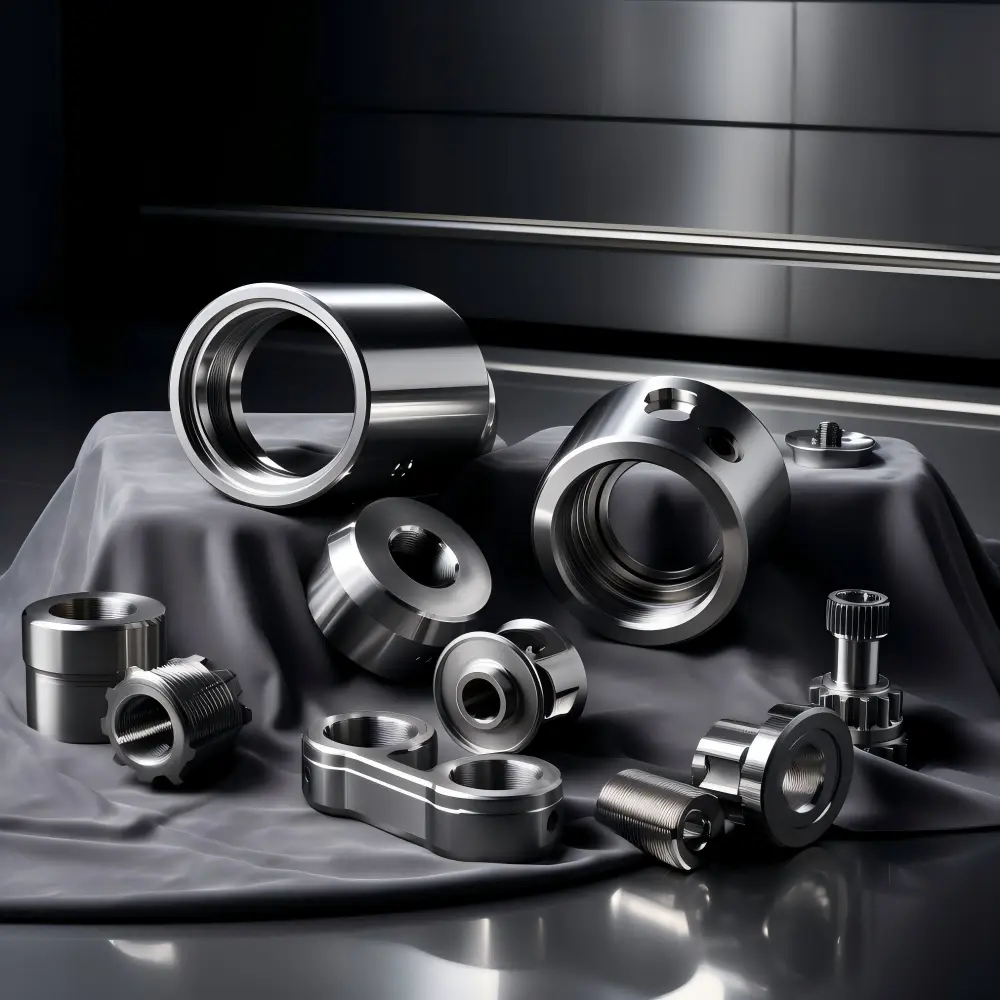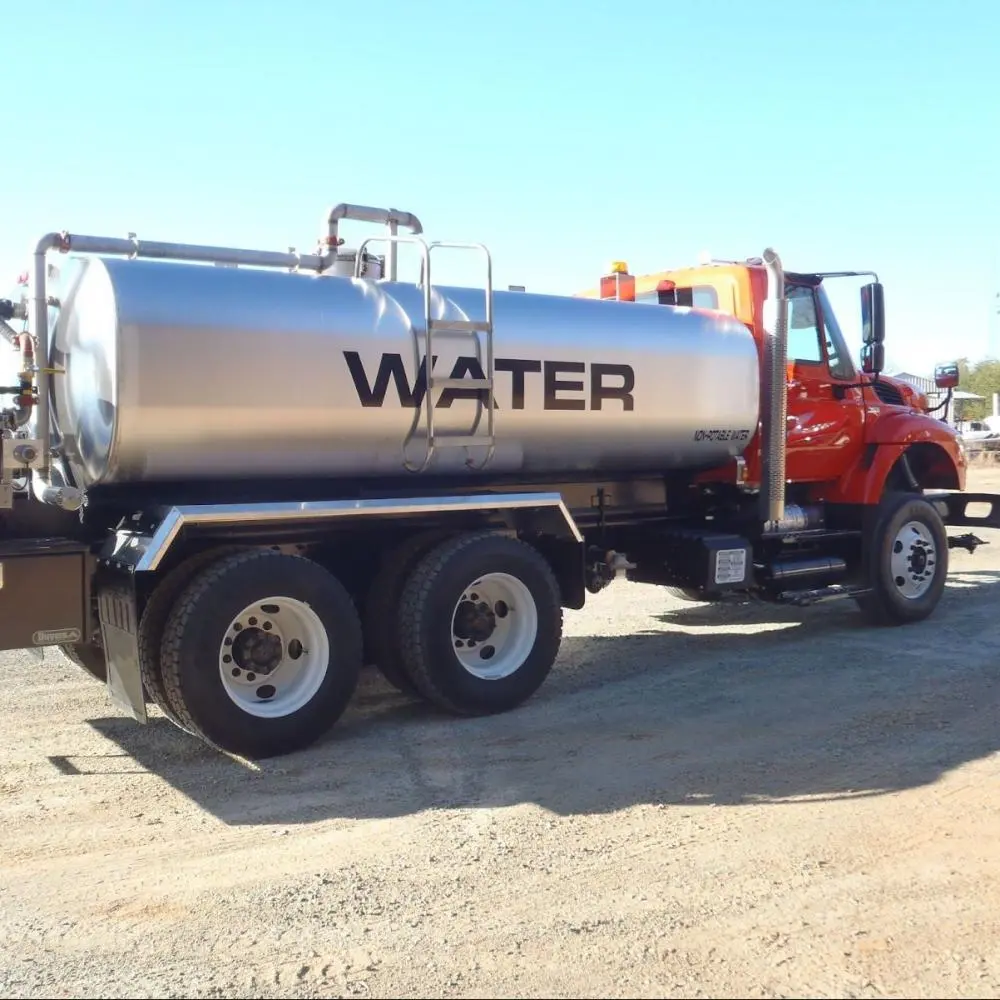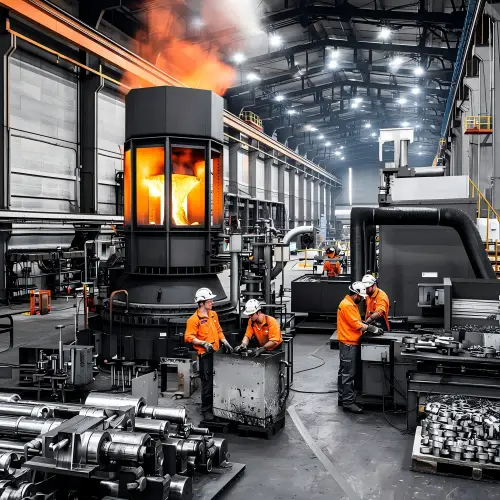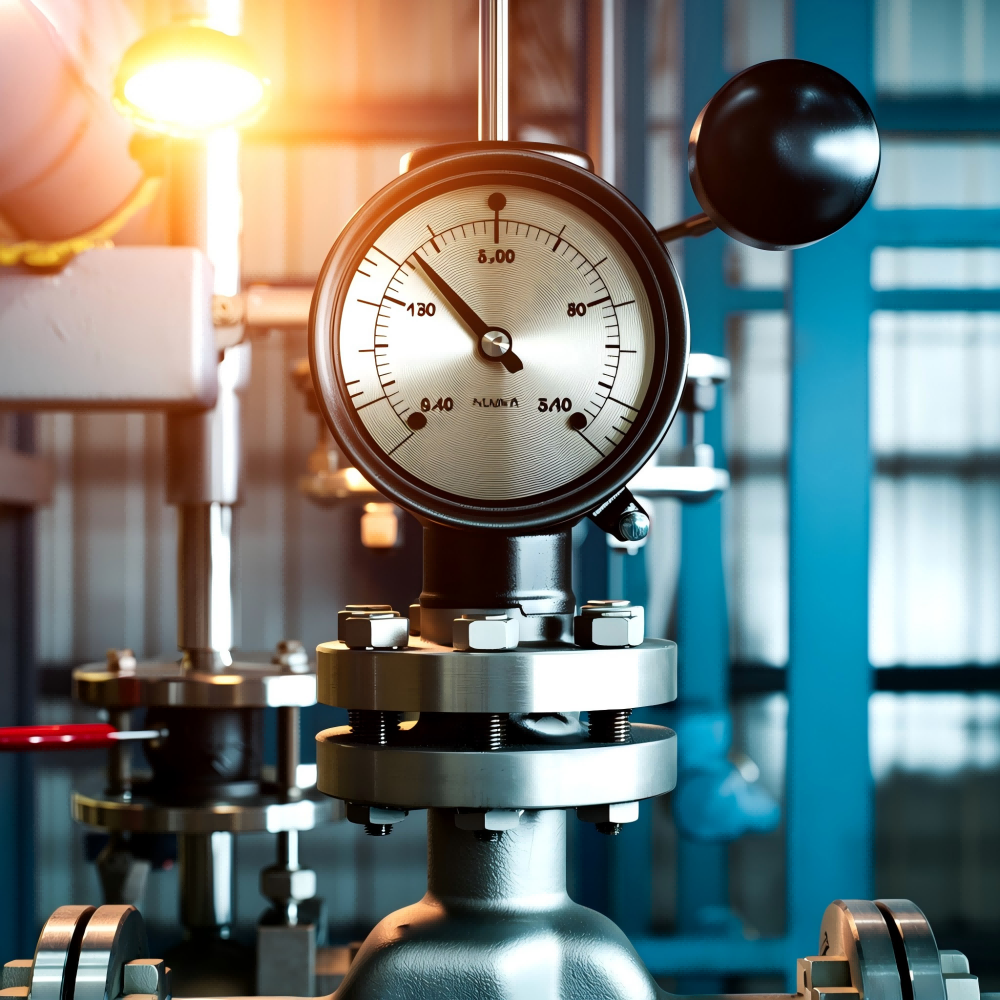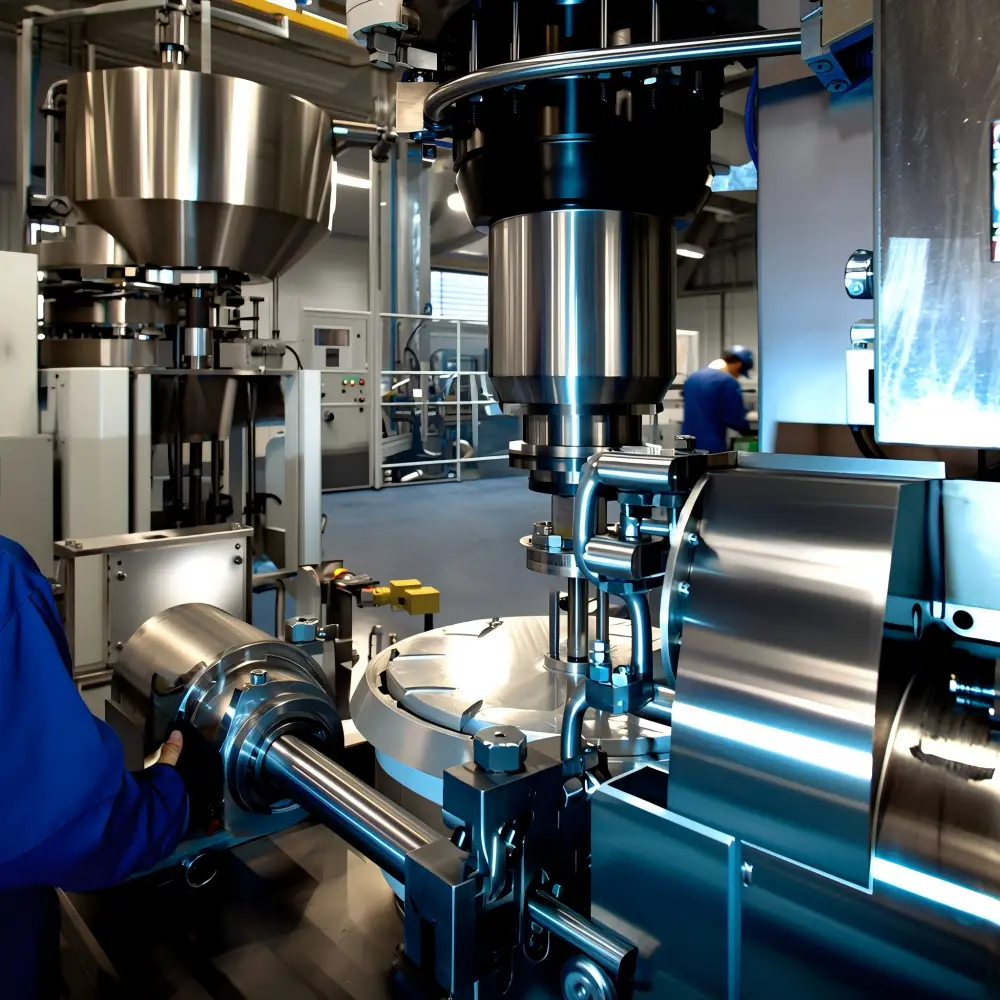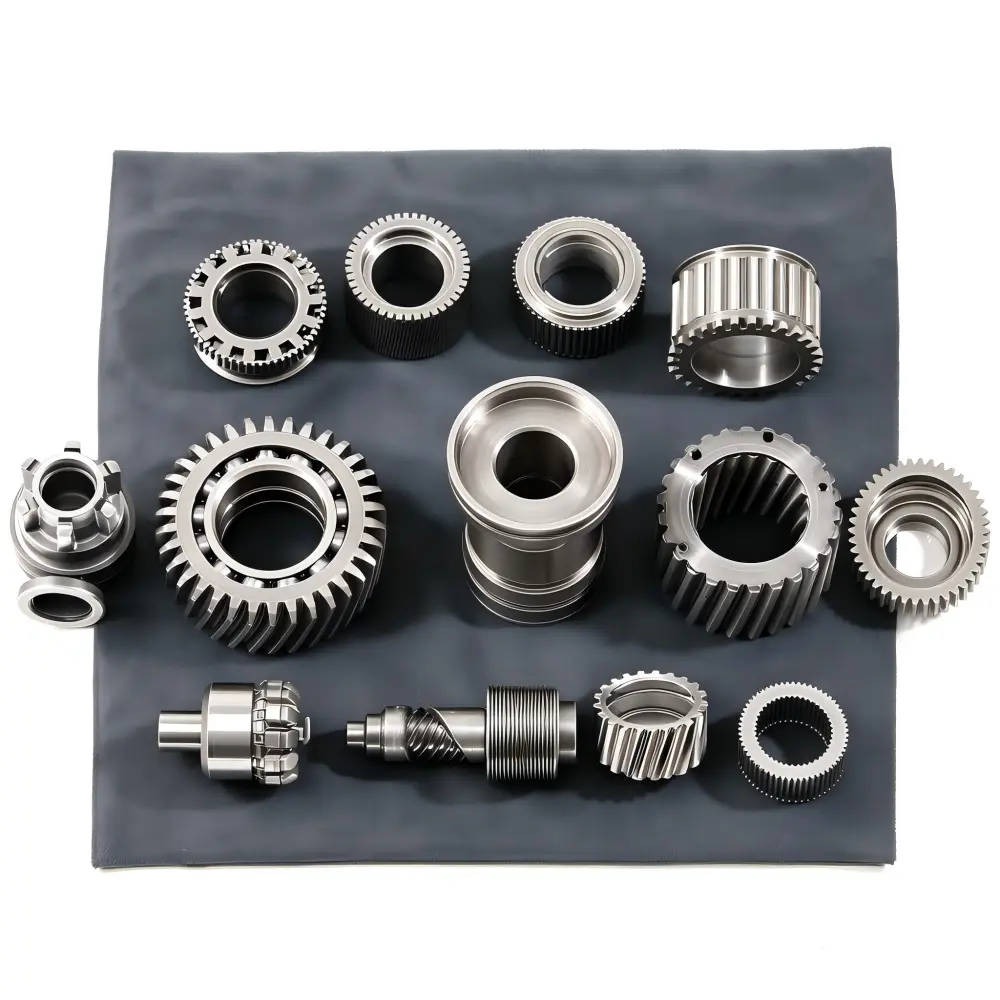
Bronze Casting: Top 3 Methods Compared
Bronze Casting stands as a cornerstone in the world of metalwork, offering three prominent methods: Lost Wax Casting, Sand Casting, and Centrifugal Casting. Each technique brings unique advantages and challenges, making it crucial for you to understand them when choosing the right method for your project. For instance, sand casting has been practiced for centuries and accounts for over 60% of all metal castings. This method excels in creating large, irregularly shaped parts. By grasping these methods, you ensure that your project aligns with your goals and resources.

Tracing the Origins of Bronze Casting Through History
Bronze casting began in the Middle East around 3500 BCE, marking a pivotal moment in human history. This technique, which involves melting copper and tin to create bronze, revolutionized tool and weapon production. Ancient civilizations, such as the Sumerians and Egyptians, utilized bronze casting to craft statues and religious artifacts. Understanding the evolution of bronze casting reveals its profound impact on shaping societies and advancing technology. The Bronze Age, spanning from 3300 to 1200 BCE, highlights the significance of this innovation in human development.

Silicon Bronze Precision Casting: Your Supplier Guide
Choosing the right supplier for silicon bronze Precision Casting is crucial for ensuring quality and efficiency in your projects. A reliable supplier can help you avoid disruptions, maintain consistent product quality, and reduce costs. Inconsistent suppliers often lead to variable product quality, which can affect your business reputation. To find dependable suppliers, consider monitoring delivery or supply defect rates as key metrics. By focusing on these aspects, you can build strong supplier relationships that enhance loyalty and improve overall performance.

Understanding Silicon Bronze in Precision Casting
Silicon bronze stands out for its exceptional properties, making it a preferred choice in precision casting. Its corrosion resistance is remarkable, especially in marine environments, with a corrosion rate of around 0.02 mm/year. This alloy also boasts strong mechanical properties, providing enhanced toughness and flexibility. The balance of hardness and ductility further enhances its appeal. Additionally, silicon bronze offers excellent machinability, allowing for intricate designs and superior surface finishes. These attributes make silicon bronze precision casting an ideal solution for applications demanding durability and aesthetic quality.

Silicon Bronze Precision Casting in 3 Easy Steps
Silicon bronze precision casting offers a streamlined approach to creating high-quality metal components. This process involves three main steps that ensure accuracy and efficiency. First, the creation of a precise mold sets the foundation for the casting. Next, melting and pouring the silicon bronze into the mold require careful attention to detail. Finally, finishing and quality control guarantee that the final product meets exact specifications. Each step plays a crucial role in achieving the desired outcome, making silicon bronze precision casting an essential technique in various industries.

How Silicon Bronze Precision Casting Works
Silicon bronze precision casting stands out for its ability to produce intricate and detailed metal components. This process leverages the unique properties of silicon bronze, an alloy composed primarily of copper and silicon, which offers exceptional strength and corrosion resistance. The alloy's fluidity during casting ensures minimal defects and high-quality finishes. Industries such as marine, sculpture, and architecture rely heavily on this technique due to its versatility and aesthetic appeal. Silicon bronze's ease of casting and durability make it a preferred choice for applications demanding both functionality and beauty.
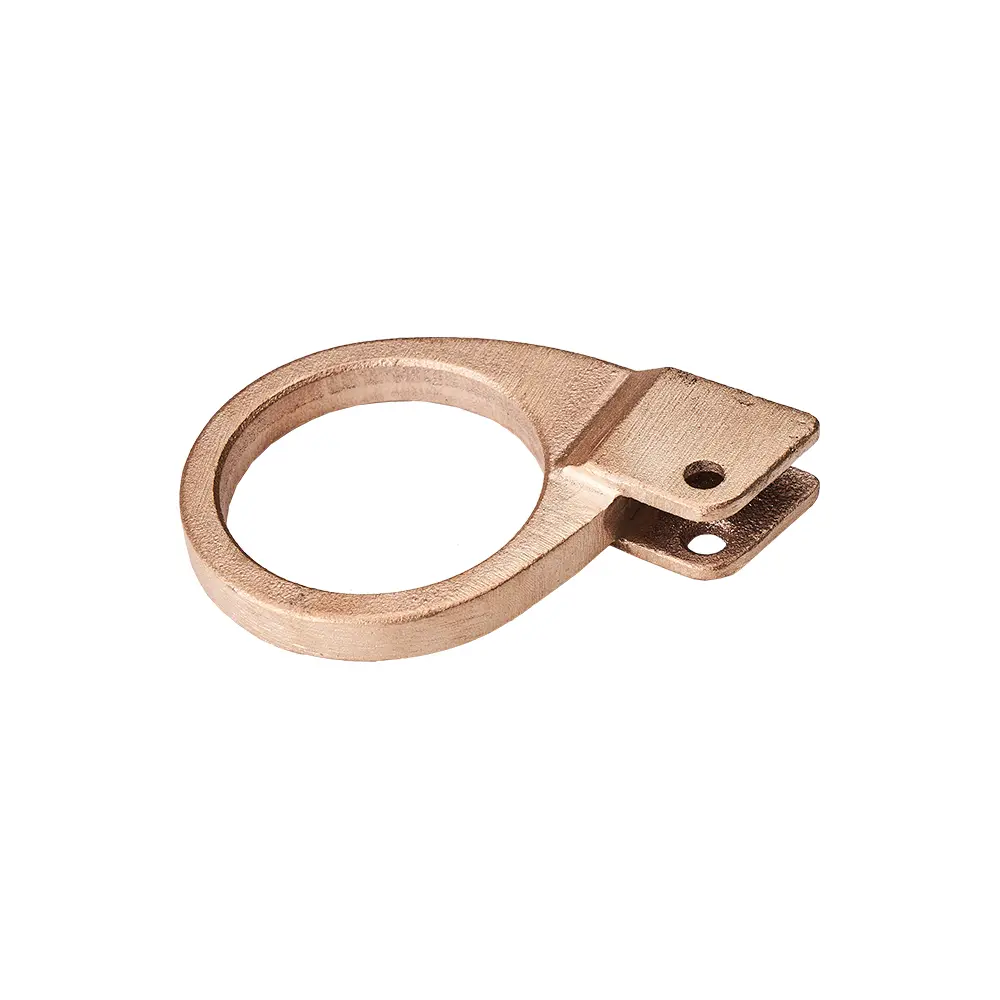
Understanding the Properties of Silicon Bronze Alloys
Silicon bronze alloys play a crucial role in various industries due to their unique properties. These alloys, known for their high strength and excellent corrosion resistance, find applications in marine hardware, electrical connectors, and architectural designs. Understanding the properties of silicon bronze is essential for optimizing its use in practical applications. For instance, its durability under pressure makes it ideal for marine environments, while its aesthetic appeal suits decorative purposes. Moreover, Silicon bronze precision casting ensures exceptional dimensional accuracy and surface finish, enhancing its utility in complex manufacturing processes.

Discover the Advantages of Silicon Bronze in Precision Casting
Silicon bronze precision casting offers remarkable benefits, making it a top choice in various industries. Its durability stands out, providing long-lasting performance even in challenging environments. This alloy excels in corrosion resistance, particularly against saltwater, with a corrosion rate of around 0.02 mm/year. Such properties make it ideal for marine applications. Additionally, silicon bronze combines strength and ease of workability, ensuring it meets diverse industrial needs. Its unique characteristics not only enhance functionality but also contribute to its aesthetic appeal, making it a preferred material for both functional and artistic purposes.

Mastering the Steps of Silicon Bronze Precision Casting
Silicon bronze precision casting plays a crucial role in manufacturing durable and intricate metal parts. This process involves using silicon bronze, an alloy known for its high strength and corrosion resistance. Silicon bronze contains up to 96% copper, with silicon and other metals enhancing its properties. Its tensile strength ranges from 400 to 600 MPa, allowing components to withstand heavy loads. Mastering each step of this casting process ensures high-quality results. The ability to create precise and reliable parts makes silicon bronze precision casting invaluable in various industries, including marine applications due to its excellent resistance to saltwater corrosion.

Silicon Bronze Casting: Unlock Its Potential
Silicon bronze precision casting unlocks a world of potential in modern manufacturing. This alloy, known for its remarkable corrosion resistance, thrives in environments exposed to saltwater and chemicals. Its composition, primarily copper and silicon, offers strength and formability, making it a preferred choice for diverse applications. Industries value silicon bronze for its mechanical and chemical improvements, which surpass those of traditional bronzes and brass. The unique properties of silicon bronze make it indispensable in various sectors, from marine to artistic endeavors, showcasing its versatility and enduring appeal.






